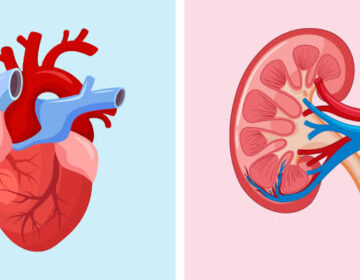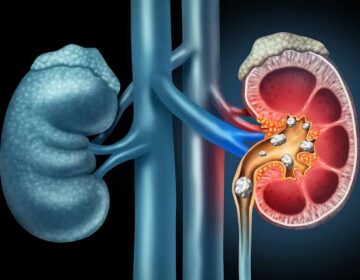New study found that commonly used processed fats made from palm and plant oils do not raise heart disease risks when eaten in normal dietary amounts.
Two kinds of processed hard fats commonly found in foods like baked goods, margarines, and spreads appear to have little effect on heart health when eaten in typical amounts.
The investigation focused on interesterified (IE) fats containing either palmitic acid (from palm oil) or stearic acid (from other plant fats).
These fats are frequently used by manufacturers as replacements for traditional hard fats such as trans fats and animal fats, both of which are known to pose risks to cardiovascular health.
Forty-seven healthy adults took part in a double-blind randomized crossover trial, meaning neither the participants nor the researchers knew which type of fat was being tested during the study period.
Each person followed two different diets for six weeks each, which included muffins and spreads made with either palmitic acid-rich fats or stearic acid-rich fats, providing around 10% of their daily energy intake.
Researchers assessed a comprehensive set of cardiometabolic health markers, including cholesterol, triglycerides, insulin sensitivity, liver fat, inflammation, and blood vessel function.
The findings showed no significant differences between the two fats in blood cholesterol or triglyceride profiles, including the ratio of total to HDL cholesterol, a key indicator of cardiovascular risk.
The study also found no adverse effects on inflammation, insulin resistance, liver fat, or vascular function.
Professor Sarah Berry, senior author and Professor said: “With the current demonization of everything processed, this research highlights that not all food processing is bad for us!
The process of interesterification allows the generation of hard fats in place of harmful trans fats, whilst also enabling manufacturers to reduce the saturated fat content of spreads and foods. Given the widespread use of the process of interesterification of fats and the fearmongering around food processing, this research is timely.”







